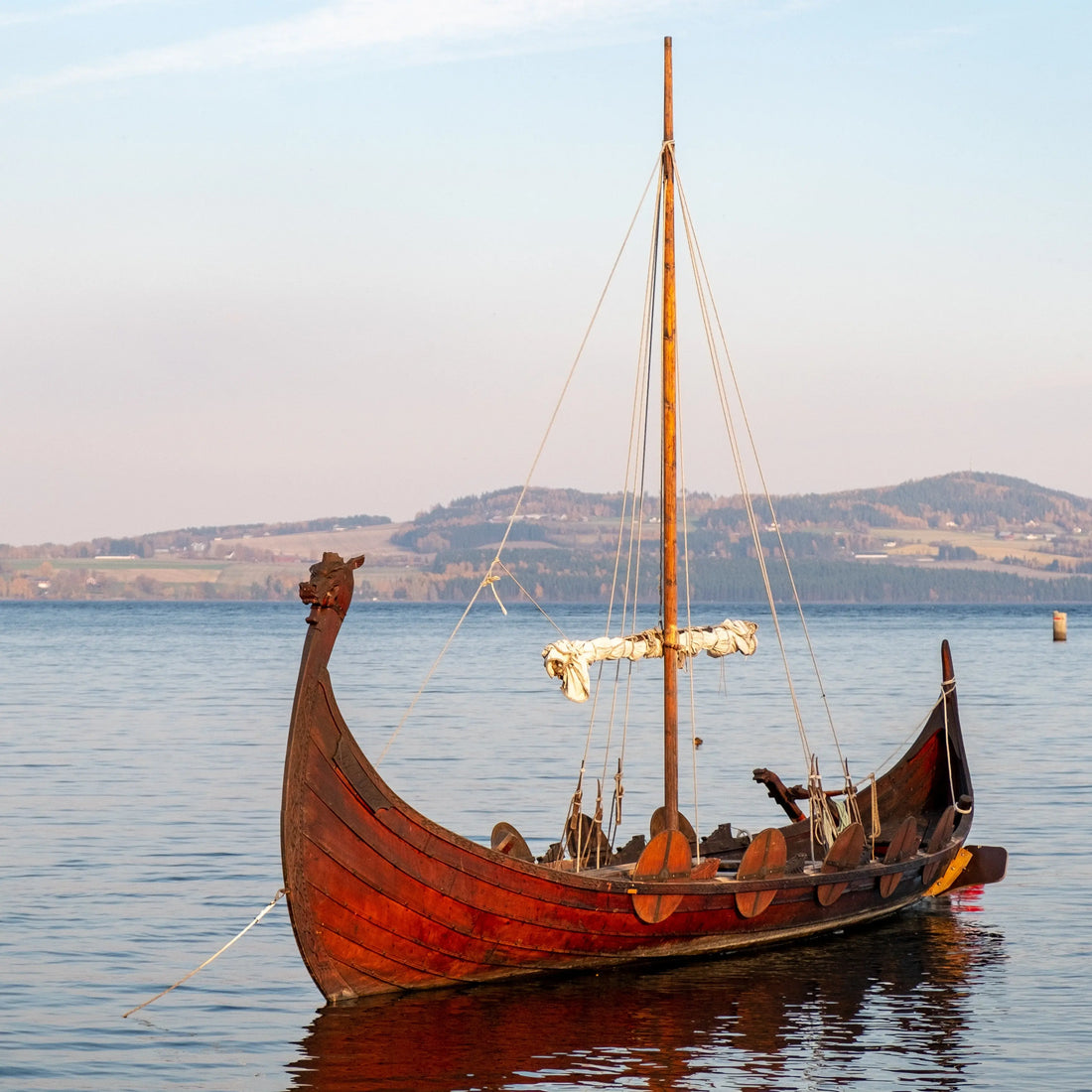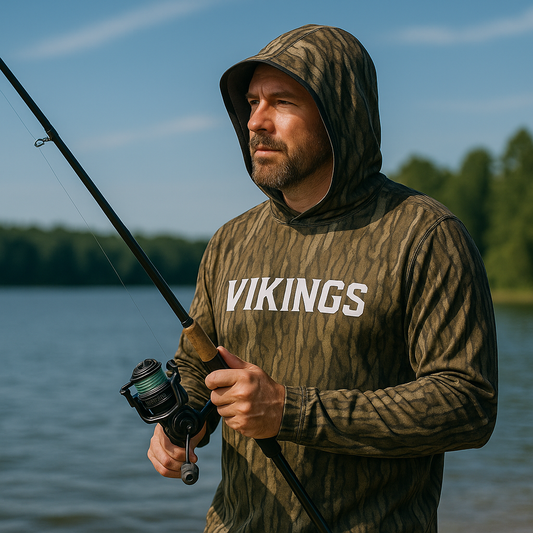
History of fishing and how it is related to the Vikings?
Share
Fishing played a crucial role in the lives of the Vikings, who were seafaring people from the late 8th to early 11th century. The Vikings' relationship with fishing was intimately connected to their maritime lifestyle and had significant implications for their society, economy, and expansion.
-
Subsistence and Diet: Fishing was essential for the Vikings' subsistence as they primarily lived in coastal regions and relied on marine resources for food. Fish, along with other seafood such as seals and whales, constituted a significant part of their diet. Being skilled fishermen and shipbuilders, the Vikings were well-equipped to exploit the abundant fish stocks found in the waters surrounding their settlements.
-
Trade and Commerce: Fish was not only crucial for their sustenance but also played a role in trade and commerce. The Vikings were skilled traders, and fish, particularly dried and preserved fish, was among the commodities they traded both within their territories and with other regions. Dried fish was a valuable food source for long voyages, and fish products were exchanged for other goods in their trade networks.
-
Expansion and Exploration: The Vikings were renowned for their exploration and raiding expeditions. Their proficiency in fishing and shipbuilding allowed them to navigate vast distances across oceans and rivers. They often established new settlements in lands where fishing opportunities were abundant, such as Iceland, Greenland, and parts of North America. Their navigational expertise, enabled by fishing practices, played a significant role in their expansion and influence.
-
Specialized Fishing Techniques: The Vikings employed various fishing methods, including nets, lines, and traps. They used large fishing nets to catch fish in coastal waters and rivers. Fishing lines with hooks were used for catching smaller fish or those in deeper waters. Traps and weirs were also utilized to catch fish in estuaries and shallow waters. These fishing techniques demonstrated the Vikings' practical knowledge of their marine environments and their adaptability as skilled fishermen.

-
Religious and Cultural Significance: Fishing held spiritual and cultural significance for the Vikings. The sea, rivers, and lakes were often associated with their gods, and fishing practices were intertwined with religious ceremonies and rituals. For example, some fishing expeditions might have included offerings or rituals to ensure a successful catch or to seek the gods' favor for safe voyages.
Overall, fishing was an integral part of Viking life and contributed to their success as seafarers, traders, and explorers. Their expertise in fishing, along with their shipbuilding skills and navigational prowess, allowed them to establish trade networks, colonize new territories, and leave a lasting impact on the regions they visited during the Viking Age.



